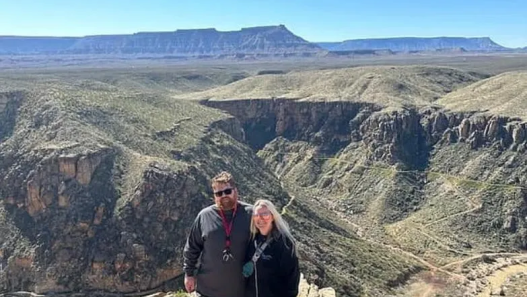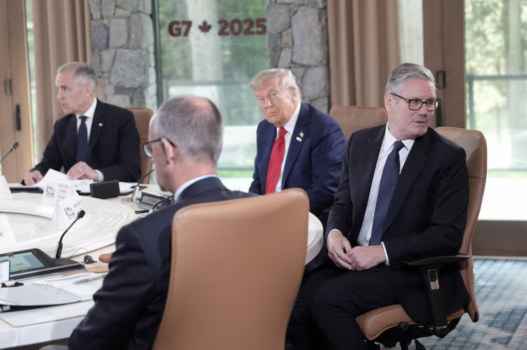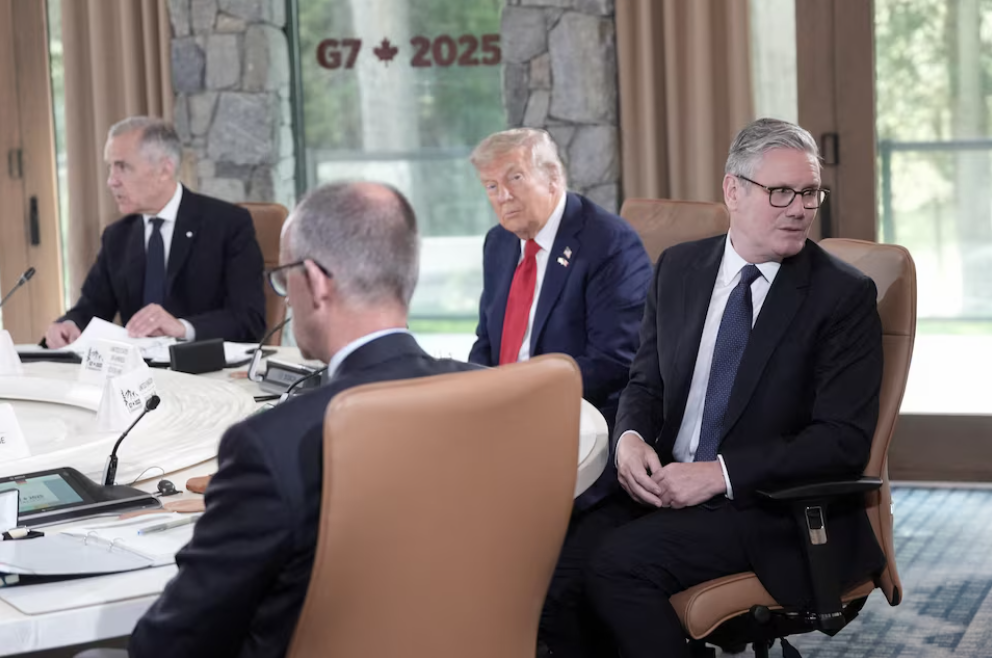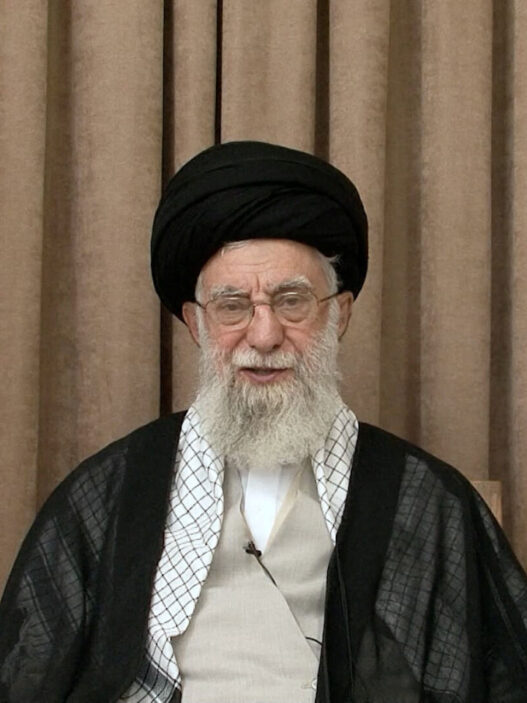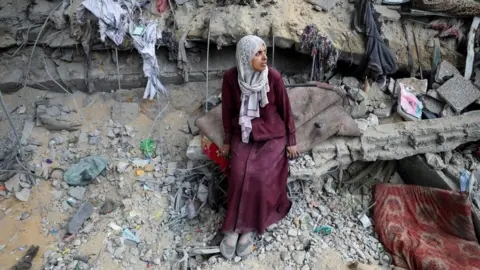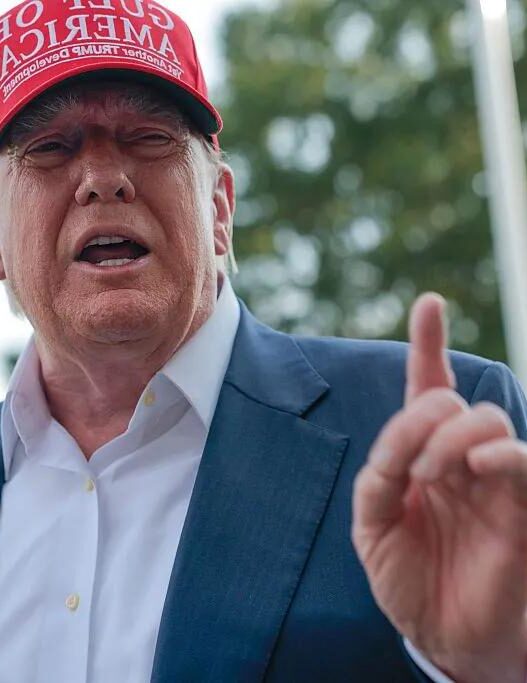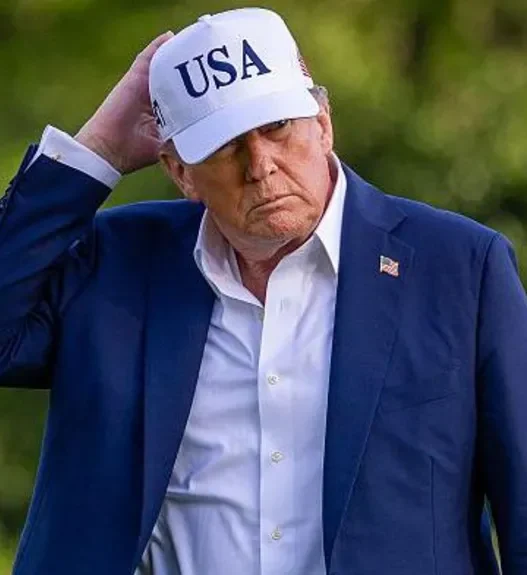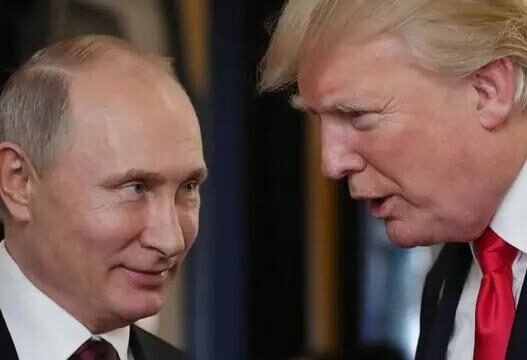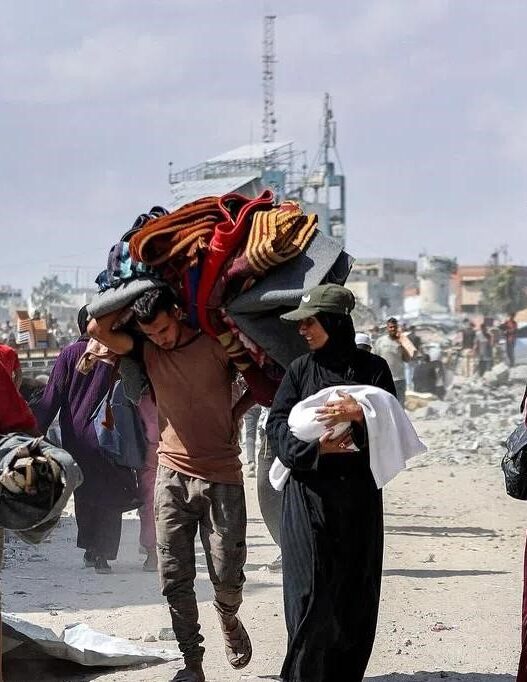Donald Trump made a sudden departure from the G7 summit, citing urgent concerns over growing instability between Israel and Iran. Earlier, Trump called for an immediate evacuation of Tehran, blaming Iran for failing to sign a nuclear deal with the United States.
According to Karoline Leavitt, his press secretary, Trump would leave after a dinner with world leaders. “Much was accomplished,” she said on X, “but due to what’s unfolding in the Middle East, President Trump will depart tonight.”
Discord Within the G7
The summit, held in the Canadian Rockies near Kananaskis, revealed cracks within the G7 over key global conflicts. Members struggled to find common ground on the wars in Ukraine and the Israel-Iran confrontation.
Trump refused to support a draft calling for de-escalation in the region. A U.S. official confirmed he declined to endorse the joint statement. His position caused visible friction with allies.
Macron Stays Hopeful for Ceasefire
Despite Trump’s departure, Emmanuel Macron appeared optimistic. The French president stated that an offer for talks had been made, with the goal of achieving a ceasefire.
“There is a genuine proposal to open dialogue,” Macron said. “It’s meant to stop the violence and hopefully pave the way for broader negotiations. Now, we’ll see if the parties are willing to act.”
Trump Criticizes Russia’s G8 Removal
Standing alongside Canadian Prime Minister Mark Carney, Trump revisited the 2014 decision to expel Russia from the Group of Eight after its annexation of Crimea. He called the move “a big mistake.”
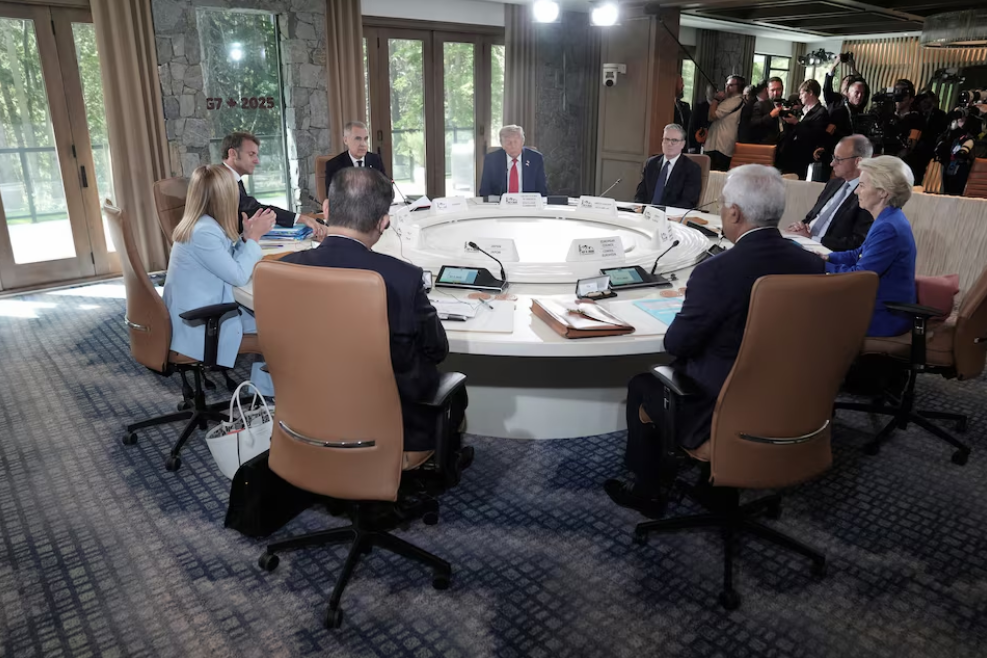
Trump argued that if Vladimir Putin had remained in the group, Ukraine may never have been invaded. “Putin still talks to me,” Trump said. “He doesn’t talk to the others — not to those who pushed him out. And honestly, I don’t blame him.”
Though he stopped short of demanding Russia’s reinstatement, Trump’s comments left leaders wondering how much support Volodymyr Zelenskyy could expect when he meets them on Tuesday.
Zelenskyy Plans to Attend
A spokesperson from the Embassy of Ukraine in Canada confirmed that Zelenskyy would still attend. His visit is seen as crucial, despite the shifting mood.
“It was a rough start,” said Josh Lipsky, an expert at the Atlantic Council and former IMF official. He noted that European nations had hoped to pressure Trump into backing stronger sanctions against Moscow, but those plans now appear uncertain.
A Repeat of 2018?
To avoid a repeat of the chaotic 2018 G7 summit in Quebec, Canadian officials have abandoned attempts to publish a single, unified communiqué. That year, Trump withdrew U.S. approval of the final statement after leaving the summit.
This time, several draft texts have been circulated. These documents address migration, artificial intelligence, and critical minerals. Yet, none have received approval from the United States, according to sources familiar with the matter.
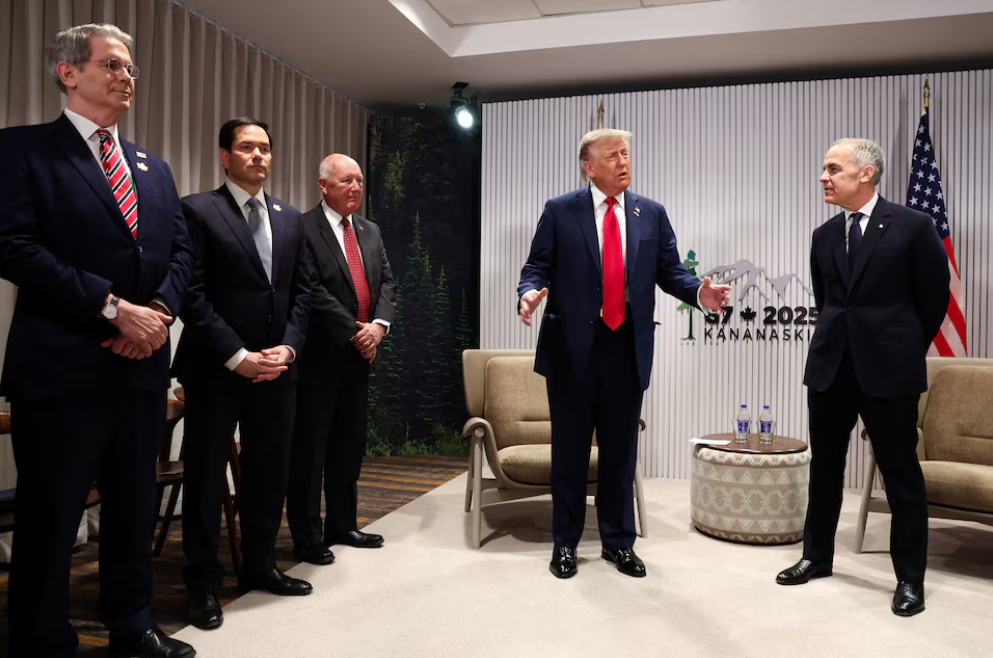
Without Trump’s signature, a European diplomat said, the summit might end with no formal declarations at all.
A Broader Guest List
Prime Minister Carney expanded the summit’s scope by inviting leaders from Mexico, India, Australia, South Africa, South Korea, Brazil, and Ukraine. The inclusion of these countries was seen as an attempt to present a more globally representative forum.
A Trade Win for the UK
In a rare show of progress, Trump and newly elected British Prime Minister Keir Starmer finalized a trade agreement. The deal, originally negotiated last month, reduces tariffs and makes the United Kingdom the first country to sign such a pact with the current U.S. administration.
Carney announced that both nations agreed to pursue a broader economic and security deal, with the goal of completing it within 30 days.
Canada and Tariffs Clash Again
Trump also hinted at the possibility of a new economic deal with Canada. But he insisted that tariffs must be part of the package — a stance that Canadian officials firmly reject.
“We believe there should be zero tariffs on Canadian exports to the United States,” said Kirsten Hillman, Canada’s ambassador to Washington, D.C..
Her remarks underline a persistent sticking point in U.S.-Canada trade talks — one that may prove difficult to resolve even with direct engagement at the highest levels.






